Tag: history

The State Institute for Physiotherapy and Massage in Dresden, Germany
(Translated by Sandra Schiller) Physiotherapy as a profession has different roots throughout Europe. Sweden pioneered medical gymnastics at the beginning of the 19th century. The initiator was Pehr Henrik Ling, a Swedish poet with a great love for nature and his country. The Royal Central Institute of Swedish Gymnastics was …
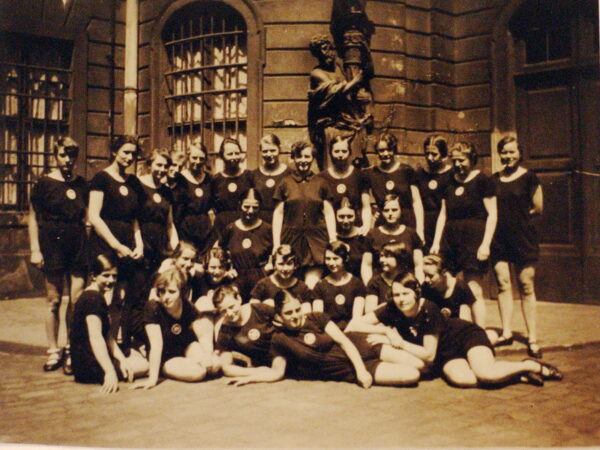
Researching the History of Physiotherapy in Saxony (Germany).
(Translated by Sandra Schiller) When I started research on the history of physiotherapy in Saxony for a talk I had been invited to give following German Reunification in 1990, I asked the state schools for physiotherapy in Leipzig, Zwickau and Dresden for any memorabilia they might have. One of the …

Interview with an East German Specialist Physiotherapist
An interview with Brigitte Böttcher, former specialist physiotherapist for psychosocial medicine in the German Democratic Republic (GDR). The distinct historical development of physiotherapy in the German Democratic Republic (1949 to 1990) has been neglected. For this reason, the experiences and memories of witnesses are crucial to learn more about this …
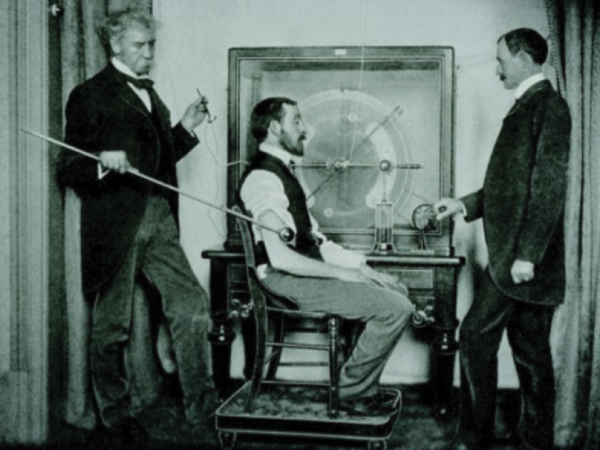
Greed, Jealousy and the Demise of Medical Physiotherapy
Before its adoption by laymen (or more correctly, laywomen) the word ‘physiotherapy’ was used by the medical profession to describe all of the physical agents, including the X-ray. In the 1920s, radiology became a unique medical specialty, but for a brief period in the nineteen tens and twenties it was …
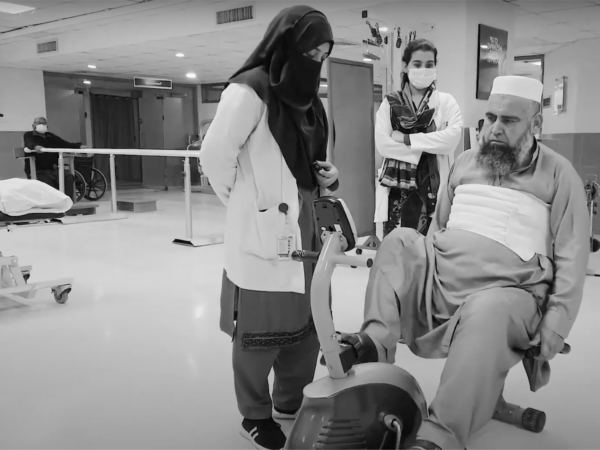
Physical Therapy in Pakistan:
50-Years to Recognition
In Pakistan the physical therapy profession underwent a gradual development, taking around 50 years to reach its current level of education and recognition. The initial steps occurred in 1956 at Jinnah Postgraduate Medical College, through a partnership between the Ministry of Health (MOH) and the World Health Organization (WHO), to …

History of Physiotherapy in Croatia
The Balkan region, where Yugoslavia partly extended (Socialist Federal Republic from 1942 to 1992), comprised the republics at that time, which are now independent states: Slovenia, Croatia, Bosnia and Herzegovina, Serbia, Macedonia, Montenegro, and Kosovo. In this territory, the Association of Physiotherapists and Occupational Therapists of Yugoslavia was established on …
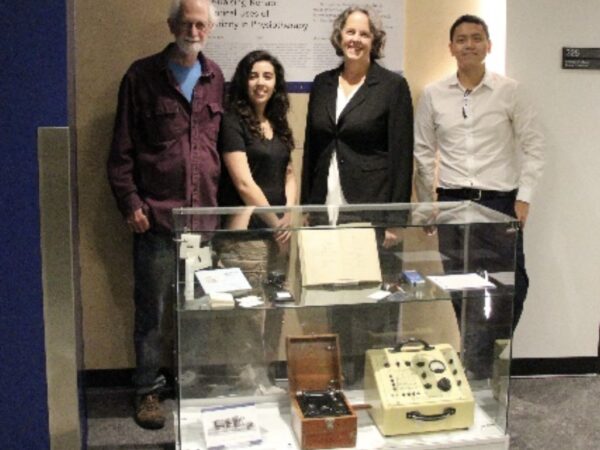
Historical Electrotherapy Equipment on Display
Avid historians at McGill University, Canada have curated a display of intriguing physiotherapy equipment dating back to the Gaiffe Nerve Stimulator, c1860. Sarah Marshall PT Fellow, Faculty Lecturer, School of Physical & Occupational Therapy, and Rick Fraser, MDCM, Professor, Department of Pathology, Director of the Maude Abbott Medical Museum, and …
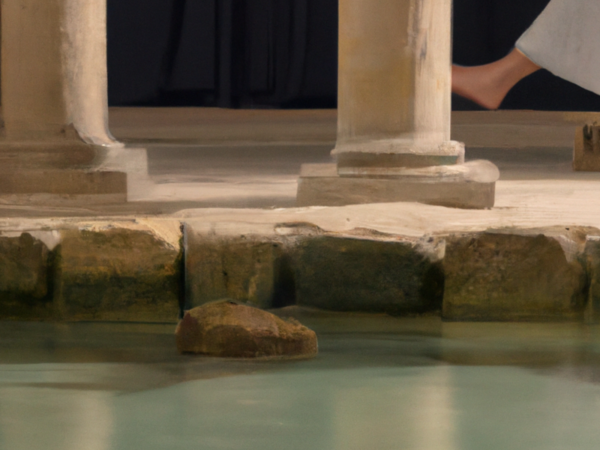
A Micro History of Physiotherapy in Italy
If we accept the etymology of physiotherapy as phìsis (natural) therapy, one of the oldest practice might seen in be the use of vapour grottoes in the territory of Sciacca (South of Italy) since the 5th century A.D. In Roman times, massage was a remedial practice carried out by fricatores …
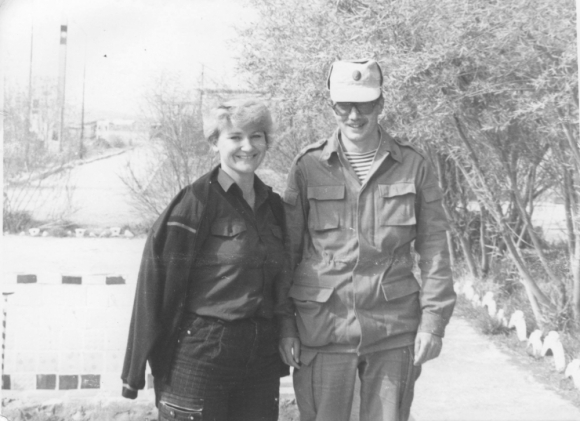
Interview with a Russian physiotherapist, soldier, spy and double agent
My name is Olga Capatina. I was born in Moldova, in the North, on the banks of the Dniestr in 1955. My parents were also Moldavian. In fact, they were Romanians before WWII, but after the Molotov-Ribbentrop Pact Moldova became part of the USSR. I studied at the Balti Pedagogical …
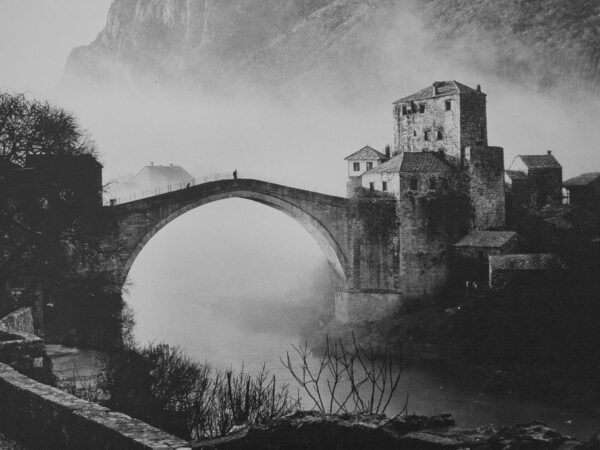
The History of Physiotherapy in Bosnia and Herzegovina
The following is from an article titled, The History of Physiotherapy in Bosnia and Herzegovina by Mirjana Dujmović and Jasmin Avdovićwritten; published in Fizioterapija Macedonica Journal. It was translated into English by Google Translate and then summarized. Pre-History Bosnia and Herzegovina (BiH) located on the European Balkan Penisula is geologically …
